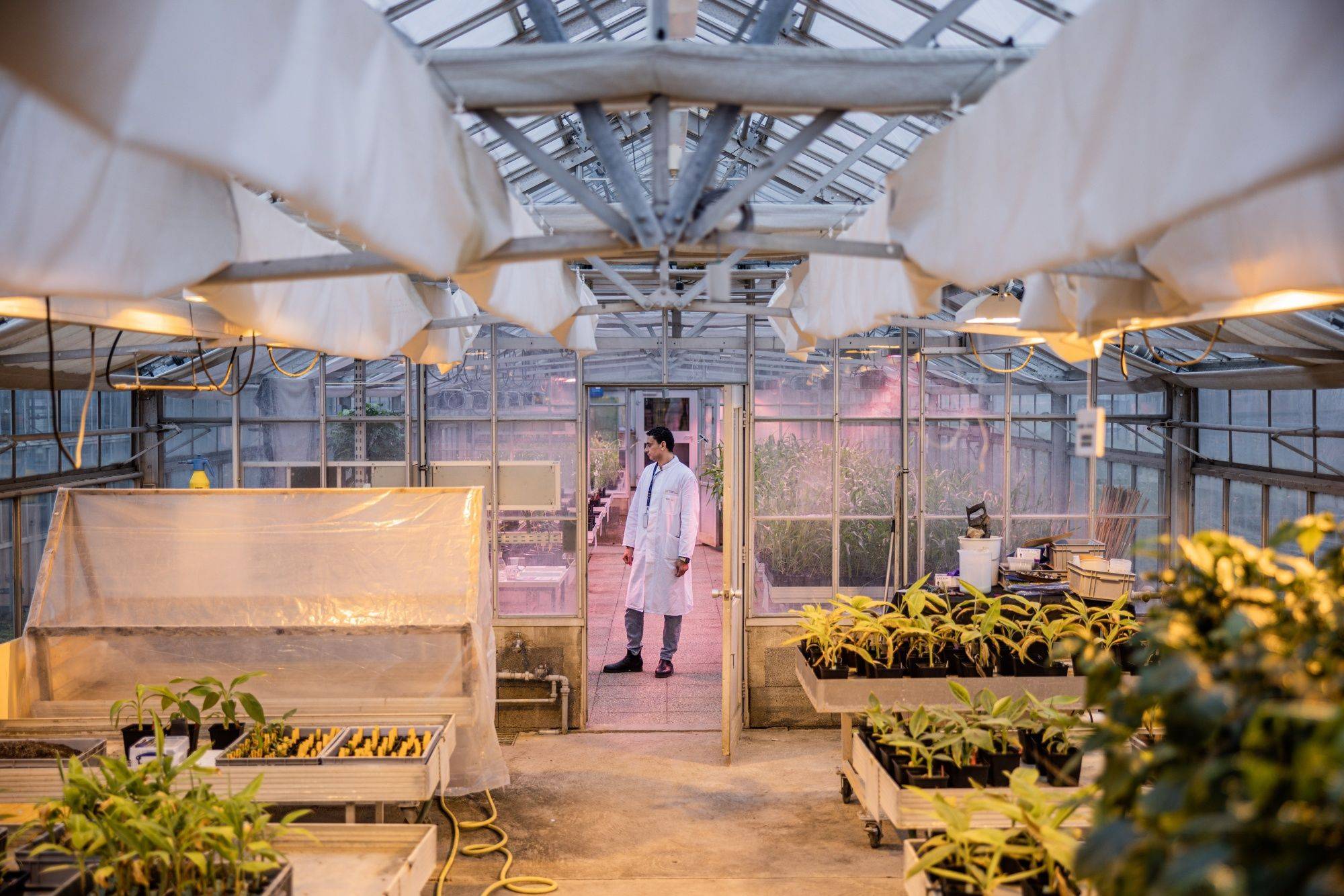Hurtling around the Earth at more than 20 times the speed of sound, some of the tiniest life forms aboard the International Space Station are on a mission to feed people on a warming planet.
Seeds of sorghum and cress launched into orbit by the International Atomic Energy Agency are tethered to the capsule via a thin metal box. That’s exposing them to more-intense solar radiation in a trial to induce genetic mutations so they can survive hotter temperatures, drier soils, spreading pestilence and rising sea levels.
"Most astrobotany until now has been to test how plants can be grown to feed astronauts for eventual space colonies,” Shoba Sivasankar, the IAEA’s head of genetics and plant breeding, said at her lab outside Vienna. "This experiment is different because it is designed to help people on Earth adapt to climate change.”


















With your current subscription plan you can comment on stories. However, before writing your first comment, please create a display name in the Profile section of your subscriber account page.